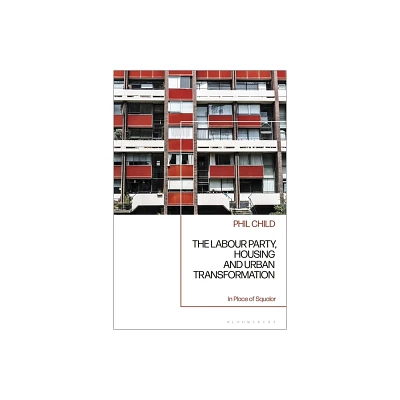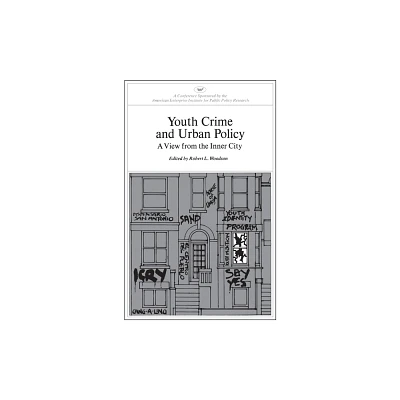Home
Vernacular Regeneration: Low-income Housing, Private Policing and Urban Transformation inner-city Johannesburg
Loading Inventory...
Barnes and Noble
Vernacular Regeneration: Low-income Housing, Private Policing and Urban Transformation inner-city Johannesburg
Current price: $180.00


Barnes and Noble
Vernacular Regeneration: Low-income Housing, Private Policing and Urban Transformation inner-city Johannesburg
Current price: $180.00
Loading Inventory...
Size: Hardcover
*Product Information may vary - to confirm product availability, pricing, and additional information please contact Barnes and Noble
Urban regeneration is currently taking place in inner-city Johannesburg. This book presents an alternative, multi-layered account for reading the process of urban change and renewal.
The provision of social and affordable housing and the spread of private security are explored through the lenses of neoliberal urbanism, gentrification, the privatisation of public space and revanchist policing. This book interrogates these concepts and challenges their assumptions based on new qualitative and ethnographic evidence emerging out of Johannesburg. Dated concepts in Critical Urban Studies are re-evaluated and the book calls for an alternative, adaptable approach, focusing on how we develop a vocabulary and creative understanding of urban regeneration.
This book is an outstanding contribution to theoretical and comparative approaches to understanding cities and processes of urban change. It offers practical insights and experiences which will be of considerable use to practitioners, policy-makers and urban planning students.
The provision of social and affordable housing and the spread of private security are explored through the lenses of neoliberal urbanism, gentrification, the privatisation of public space and revanchist policing. This book interrogates these concepts and challenges their assumptions based on new qualitative and ethnographic evidence emerging out of Johannesburg. Dated concepts in Critical Urban Studies are re-evaluated and the book calls for an alternative, adaptable approach, focusing on how we develop a vocabulary and creative understanding of urban regeneration.
This book is an outstanding contribution to theoretical and comparative approaches to understanding cities and processes of urban change. It offers practical insights and experiences which will be of considerable use to practitioners, policy-makers and urban planning students.
















